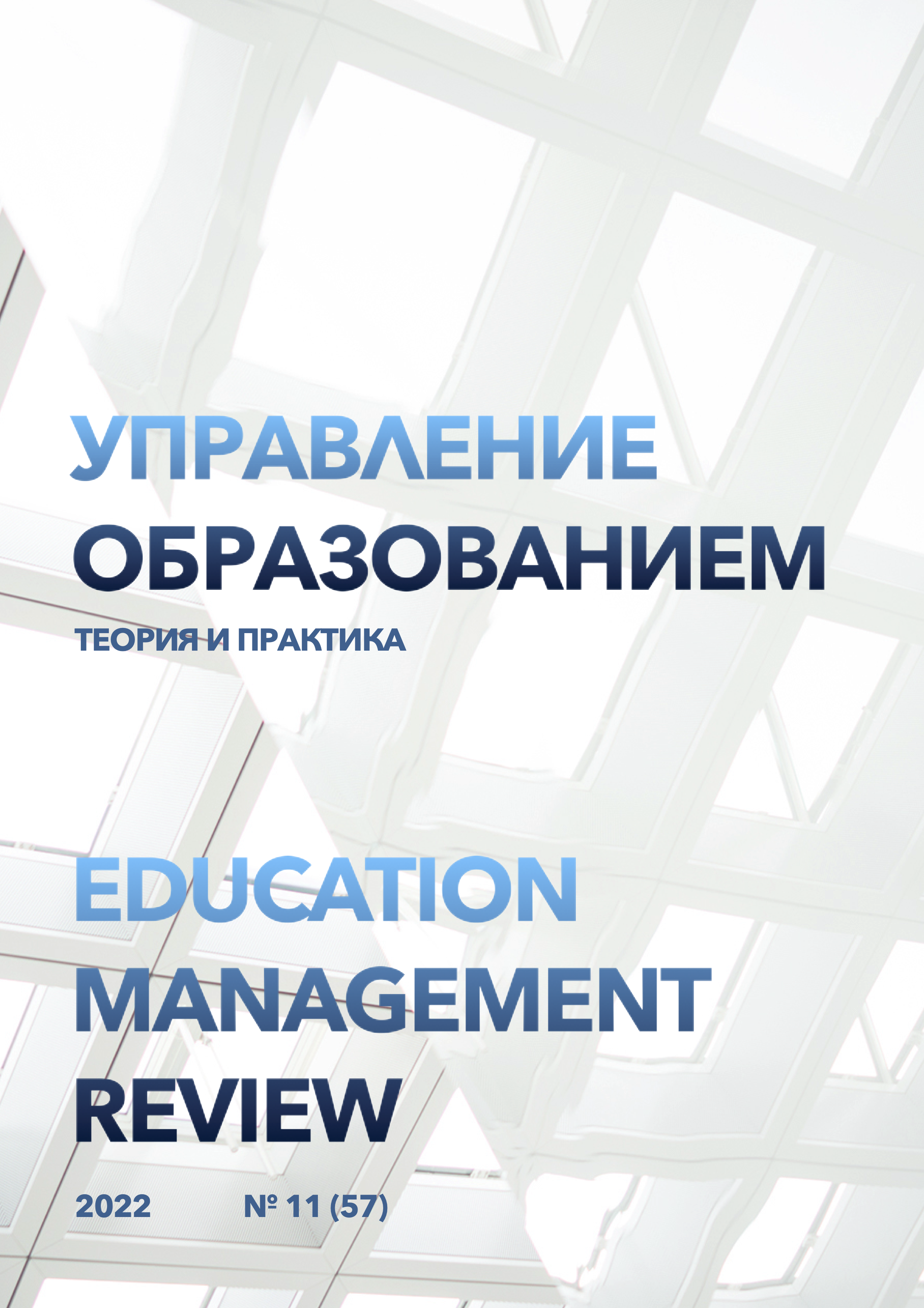Theory and methodology of conducting teaching at the present stage
DOI:
https://doi.org/10.25726/c6301-6757-5661-eKeywords:
conducting, teaching, methodology, researchAbstract
The qualitative level of training of future specialists in the field of musical and pedagogical education in Russia involves the use of new approaches to the organization of the educational process aimed at increasing the methodological competence of future teachers and improving their professional skills. In the context of modernization and intensification of teacher education in Russia, the relevance of innovative approaches based on the use of various modern teaching methods using information technology is growing. The use of innovative technologies in the study of the discipline "Choral Conducting" activates learning; arouses the desire of students to perform creative tasks; arrange choral works; record vocal and choral works with notes. In modern art education, the solution of this problem in the formation of the methodological competence of future music teachers is especially relevant. The use of musical information technologies in the educational process from choral conducting significantly deepens theoretical and practical knowledge, improves the quality of education and the formation of methodological competence of future teachers of musical art. Informatization of the educational process determines the independent work of students as more independent and creative; gives students the opportunity to work with various sources of information, record, process choral works and their own created music using modern musical computer programs and effectively use them in their further musical and pedagogical activities.
References
Абдуллин Э.Б. Основы исследовательской деятельности педагога-музыканта. СПб: Планета музыки, 2014. 62-64 с.
Грязнова Т.М., Мартынова Е.А., Грязнов С.И. Певческое искусство православной ориентации как фактор социального воспитания детей и подростков (на примере занятий в воскресных школах) // Социальное воспитание детей и подростков в дополнительном образовании: монография / под ред. Карпушиной Л.П., Козловой Т.А. Мордовский государственный педагогический университет. Саранск, 2021. С. 91 106.
Досимбетов Б.Х. Роль современной музыки в развитии мировоззрения молодёжи // The role of modern music in the development of youth worldview. «Проблемы современной науки и образования». № 8 (141), 2019.
Ефимова Е.В. Музыкальная память. Виды музыкальной памяти. Приемы развития музыкальной памяти // Проблемы педагогики. 2017. № 8 (31). С. 31-34.
Лаптева Л.Н. Развитие творческого потенциала личности студента в классе хорового дирижирования: vетодическая разработка. https://infourok.ru/metodicheskaya-razrabotka-po-horovomudirizhirovaniyu-razvitie-tvorcheskogo-potenciala-lichnosti-studenta-v-klasse-dirizhirovani-2785854.html.
Матякубов Ш.Б. Традиции "наставник и ученик" в обучении традиционному исполнительству // «Проблемы педагогики». № 2 (41), 2019.
Потаманова Л.Ю., Ренева Н.С. Актуальные проблемы профессиональной подготовки по хоровому дирижированию студентов вузов // Colloquium-journal. 2019. № 22 (46).
Сивакова С.Ю. Формирование и развитие исполнительских умений и навыков в хоровом коллективе: учебно-методическое пособие. Образовательная социальная сеть: nsportal.ru 2020. URL: https://nsportal.ru/ shkola/muzyka/library/2013/06/23/o-roli-khorovogo-iskusstva.
Соболева Н.А. О сущности художественной техники дирижирования // Известия РГПУ им. Герцена А.И. 2011. № 140.
Степина Н.В. Формирование профессиональных компетенций дирижера-хормейстера в условиях современного среднего специального образования // Формирование профессиональных компетенций. Петрозаводск: Карельский научный журнал. 2016. № 3 (16). Т. 5. С. 2-7.
Темирова А.К. Современные педагогические технологии в процессе хормейстерской подготовки будущего дирижера хора. // Вестник Санкт-петербургского государственного института культуры, 2018. С. 22-28.
Тремзина О.С. Дирижерский жест как художественный феномен // автореф. дис. кандидата искусствоведения. Саратов, 2014. С. 30.

